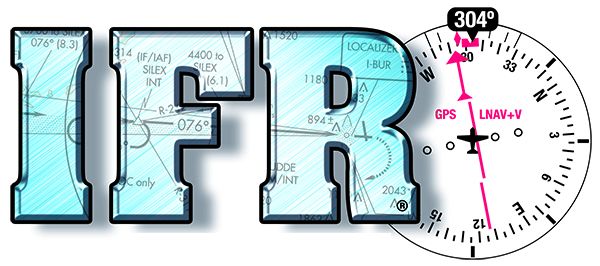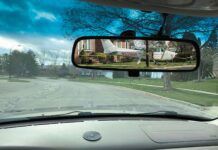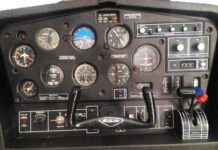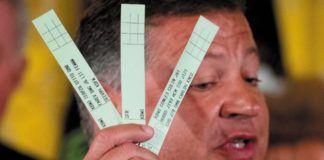Recently I realized that there are VFR pilots, VFR pilots with an instrument rating, and instrument pilots. Which are you? Reading this, you are more likely to be in the latter category, or at least in the middle but aspiring toward the latter. Let me explain.
We all know what VFR pilots are. They’re the ones with the 172s, Cherokees, Mooneys, Champs, Cubs and such who only bring their aircraft out of the hangar on the good days. They never learned to fly in weather and perhaps they don’t want to. That’s fine, as long as they understand that and never risk the common VFR-flight-into-IMC accident scenario.
Next are VFR pilots with an instrument rating. Those are the pilots who started as above, but found that wasn’t enough for them. So, they put in the time and effort and learned to fly on the gauges and pass the instrument rating. That was a proud moment, probably for themselves and their families. Well done; you’re on your way to becoming a serious instrument pilot.
But, perhaps on the way, family, work, social obligations or, yes, finances—news flash: flying is expensive— got in the way and, well, after the checkride it might have been months or longer before they had an opportunity to exercise those newly earned privileges. So, not entirely confident of the abilities, they wisely chose not to fly in IMC, instead waiting for better weather.
That pattern might repeat until they need some serious refresher training. Perhaps they even go out to get that, or maybe just put it aside for a better opportunity. Typically, this pattern repeats for a long time.
The pattern might not break until the pilot does indeed go get that refresher training. But, then the cycle can start over again.
A subcategory of VFR pilots with an instrument rating are those who think the instrument rating, not the skills, enables them to tackle most any weather. Those pilots often exit that subcategory, either because they scared themselves too badly, or worse.
True instrument pilots are those who have the skills to be comfortable venturing into low ceilings and low visibility, even with the possibility of some precipitation. Some of them are even bold enough to risk icing conditions without de-ice capability and we might end up reading about them.
More likely, though, the instrument pilot has understood the risks, is more familiar with weather vagaries, and is equipped to make an intelligent go/no-go decision. It’s just that the no-go decisions tend to be less and less frequent and far more reasoned than just being reluctant to launch into IMC.
The experienced instrument pilot can also launch with a prediction of thunderstorms in the area. Of course, no level of experience and skill can let one safely penetrate the red spots on the radar, but penetrating the green and even some yellow spots is both possible and, if done with confidence of experience, can be done safely.
So, how do you get from being a VFR pilot with an instrument rating to being an instrument pilot? There’s no substitute for experience. Go fly. A lot. If you’re stale on your skills, go regain them. Then, keep using them. Fly every chance you get in benign IMC. Take a safety pilot along in VMC under the hood whenever you can (not just for currency) and make as many of your flights as possible “in the system.”
Best yet, if you know an experienced instrument pilot, ask that pilot to fly with you often, giving you pointers. You’ll get there and be better for it.
—Frank Bowlin, Editor





